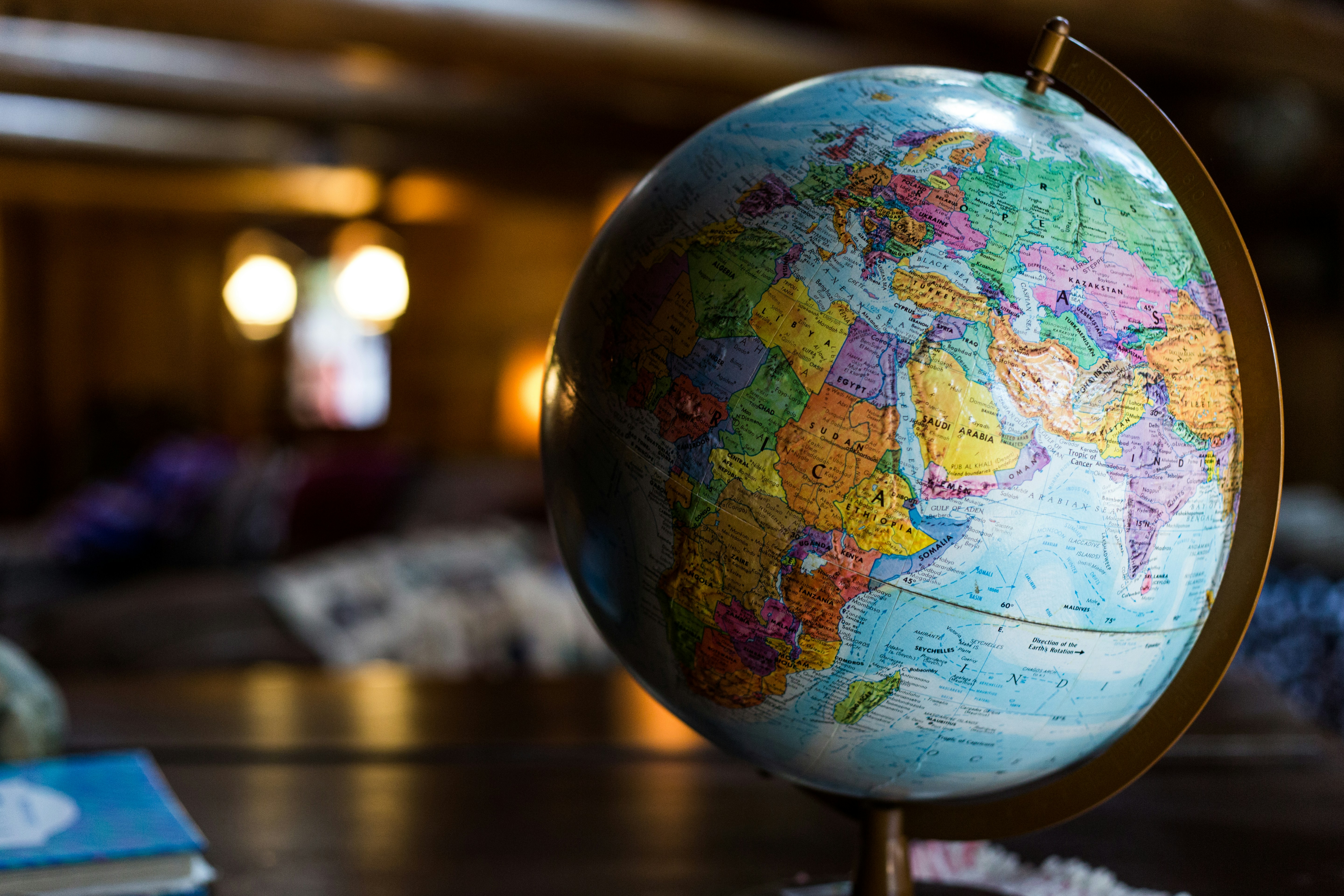EU Foreign Policy
How Security Challenges Shaped the European Union‘s Common Foreign Policy

Authors: Manuel Costa Raposo & Cátia de Carvalho
The invasion of Ukraine on 24 February 2022 reminded Europe of long-forgotten perils after the many decades of peace it had enjoyed since the end of the Second World War. Following initial hesitation, the European Union created a somewhat cohesive response, taking in internally displaced people and supplying Kyiv with logistical support – from medical help to the latest, most advanced weapons available.
This was one of those rare moments where the Union had a common approach to foreign policy, prompting the question of just how vital it is to have a consensus on how to act in foreign policy, to be able to create a cohesive and capable security policy. Based on this premise, this report will analyse how three key moments in international history (the 9/11 attacks, the wave of terror in 2015 and, more recently, the invasion of Ukraine by Russia) have shaped the EU’s approach to foreign relations and how have they affected Europe’s role as a security agent.
These events triggered different responses that are fundamental to understanding how Europe’s attitudes have evolved with time in terms of foreign and security policy and the need to have a common strategy: the aftermath of the Twin Towers’ attack, on 11 September 2001 in the United States of America, caught the European Union by surprise, with no idea as to how to proceed. That surprise eventually lead to NATO taking charge of all actions leading up to, and including, the invasion of Iraq in 2003, such as supporting Turkey with surveillance aircraft and missile defence systems, helping Poland with logistical support and – from 2004 to 2011 – helping train Iraqi forces. However, 14 years later, in 2015, the European Union displayed unity and cohesion in its act following the attacks suffered in France and Belgium, such as the Bataclan massacre in November 2015 in Paris.
Fast forwarding to 2022, the war in Ukraine represented a return to the divided Europe of the Cold War. However, what was seen was an almost unilateral defence of Ukraine by non-belligerent means, with a solidified European effort to ensure Kyiv was well armed and prepared to hold for as long as needed, continuing even after Russia was forced to retreat. The war also represented a shift in Europe’s foreign policy, adopting a much stronger hard-line stance compared to softer approaches attempted with Russia in the years leading up to 2022.
Finally, it is also fundamental to look at potential fields where the Union can create a pioneer common policy approach that touches upon both external affairs and internal security. Geographically speaking, Africa and the Mediterranean present themselves as the most significant of those potential fields, being close to Europe and areas where the European Union has always been invested. Another field, albeit a thematic one, would be the field of disinformation and how to counter China’s and Russia’s actions, such as propaganda or electoral fraud. The African continent represents a clear opportunity that Europe must utilise, offering closer and horizontal partnerships with nations at risk of giving up ground to Chinese and Russian interests, which has already happened in some countries – such as the Central African Republic and the Democratic Republic of Congo – where Russian influence has caused issues for European interests. The vacuum, left after countries such as the United Kingdom or France withdrew from the region, has been filled by Russia ensuring Africa’s help in crucial issues such as access to key minerals, such as platinum, gold or diamonds, or oil and gas reserves, and receiving its support in the UN’s General Assembly. Here, the role of European Member States, such as Portugal, play a pivotal role in promoting the European Union’s interests when considering the good relations it maintains with its former colonies in Africa. Portugal can serve as a bridge connecting both regions and help to counter Russia’s and China’s growing influence in the region through its ties to countries such as Angola or Mozambique.